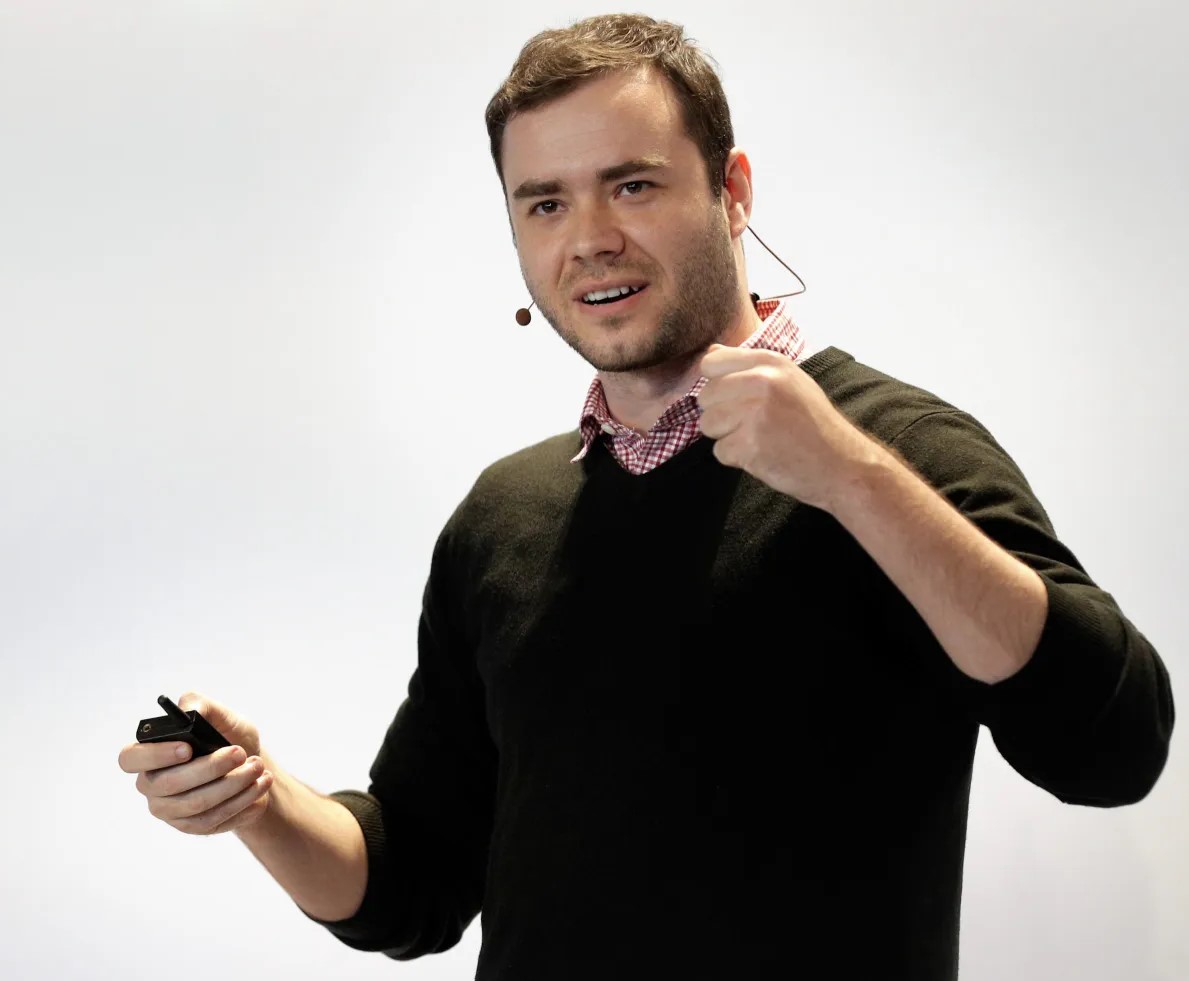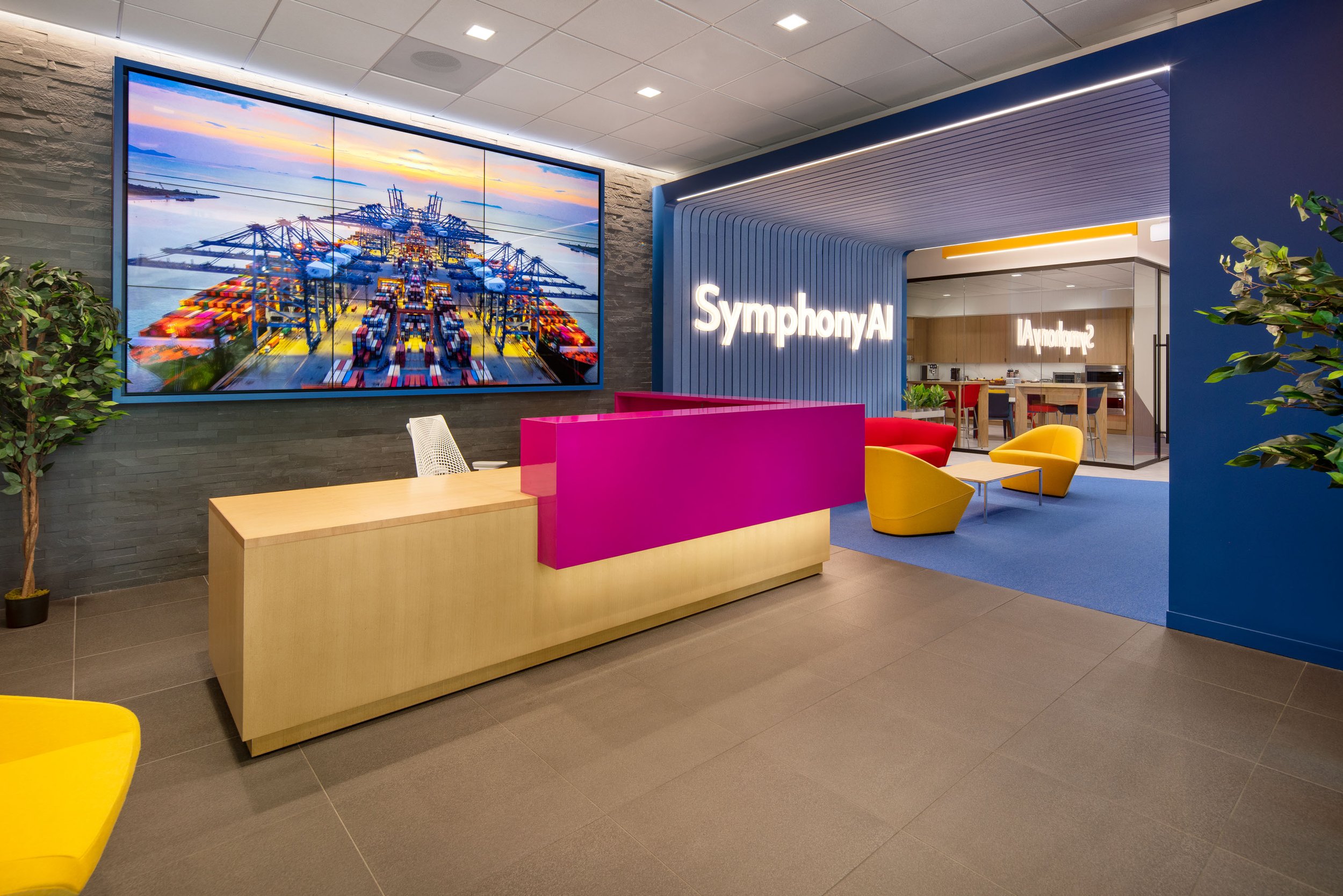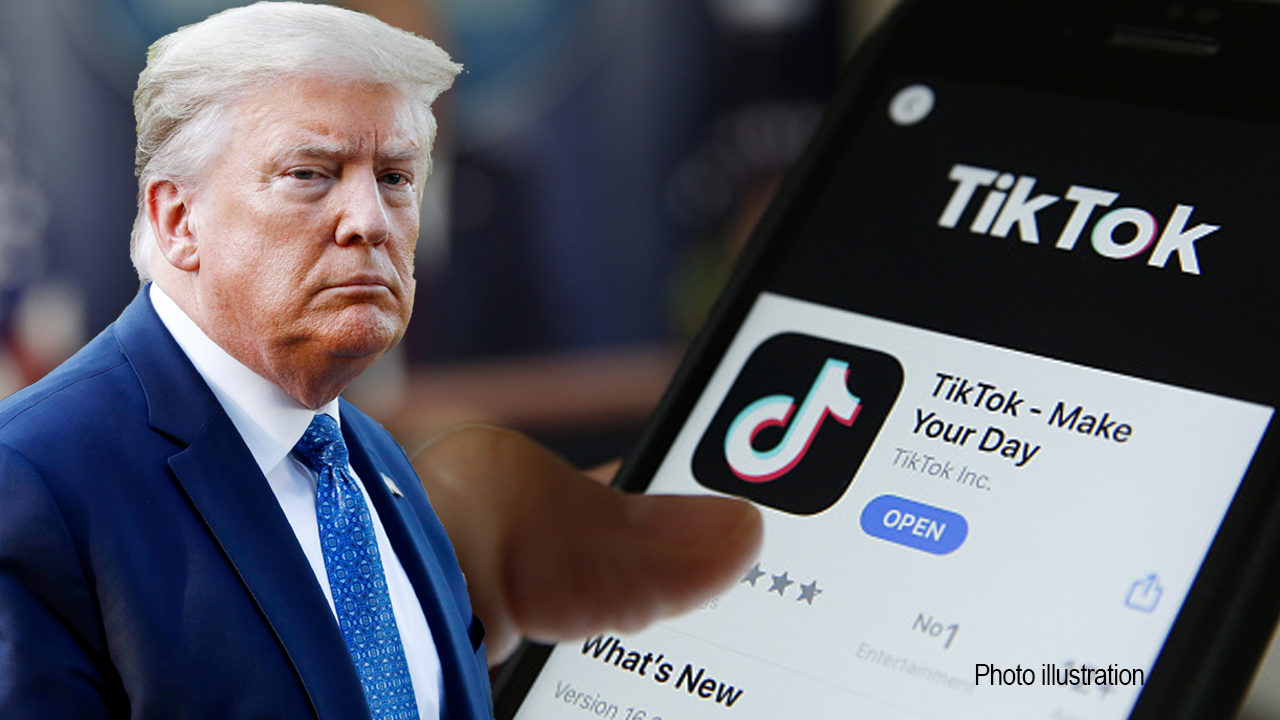Ex-Tesla, an OpenAI exec, starts an AI education startup with the aim of creating virtual teaching assistants using generative AI.
According to a social media post on the X platform on July 16, Andrej Karpathy, who co-founded OpenAI and directed artificial intelligence for Tesla, is establishing a venture called Eureka Labs to establish “a new type of school that is AI-native.”
Eureka is developing virtual teaching assistants that generative AI powers. This technology will enable a significantly greater number of students to access top-tier courses without compromising the personalized interactions that are a hallmark of in-person learning.
The startup’s ultimate objective is to provide students worldwide access to top-tier educators and coursework, irrespective of geographical and linguistic constraints.
In the post, Karpathy stated, “Unfortunately, subject matter experts who are deeply passionate, great at teaching, infinitely patient, and fluent in all of the world’s languages are also very scarce and cannot personally tutor all 8 billion of us on demand…” “However, the learning experience appears manageable in light of the recent advancements in generative AI.”
The initial product of Eureka will be an undergraduate AI course under the name LLM101n. Students will be guided through the process of training an AI that is comparable to the AI Teaching Assistant in the course.
In addition to digital and physical cohorts, materials will be accessible online, enabling students to advance through the course in small groups.
Karpathy elaborated, “The teacher still designs the course materials, but they are supported, leveraged, and scaled by an AI Teaching Assistant optimized to assist students in navigating them.”

Karpathy has a wealth of experience at the vanguard of AI. Before co-founding OpenAI, a company specializing in deep learning and computer vision, he was the leader in developing Tesla’s Autopilot autonomous driving technology.
According to Karpathy, “If we are successful, it will be effortless for anyone to acquire any knowledge, thereby expanding the scope of education in both its reach (a large number of individuals learning a particular subject) and its extent (a single individual learning a vast number of subjects, surpassing what is currently feasible without guidance).”



